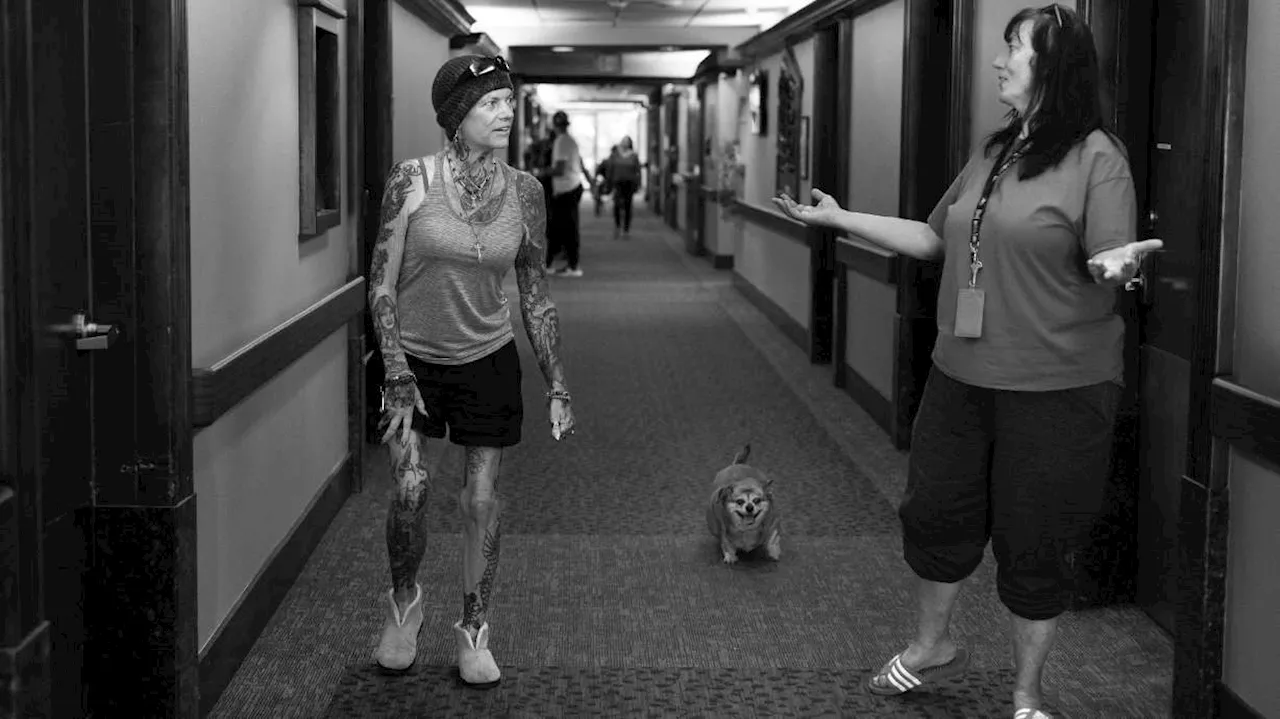A Utah Valley University study found that medical respite programs for the homeless save money, improve health outcomes, and reduce stress on healthcare systems.
Those experiencing homelessness often use expensive acute health services like emergency department visits at a high rate but often experience poor outcomes. They may end up back on the streets, and then cycle back to care when medical conditions become acute again. Sometimes, because they have no place to go, their hospital stays are longer than they would otherwise be.
A Utah Valley University study that focused on care provided by the INN Between in Salt Lake City suggests that medical respite for those experiencing homelessness saves money, improves outcomes, and takes some pressure off often-stressed health care systems. Amanda Weller, who has a master of social work degree, and Angelea Panos, an assistant professor of social work, looked at outcomes for patients who were referred to the INN Between by the University of Utah Hospital and Huntsman Care Institute for medical respite and got in, compared to those for whom there was no room at the tim
HOMELESSNESS HEALTHCARE MEDICAL RESPIT OUTCOMES UTAH
United States Latest News, United States Headlines
Similar News:You can also read news stories similar to this one that we have collected from other news sources.
 Medical Respite for Homeless Individuals Saves Money, Improves OutcomesA new study shows that medical respite programs for homeless individuals can lead to significant cost savings, better health outcomes, and reduced strain on healthcare systems.
Medical Respite for Homeless Individuals Saves Money, Improves OutcomesA new study shows that medical respite programs for homeless individuals can lead to significant cost savings, better health outcomes, and reduced strain on healthcare systems.
Read more »
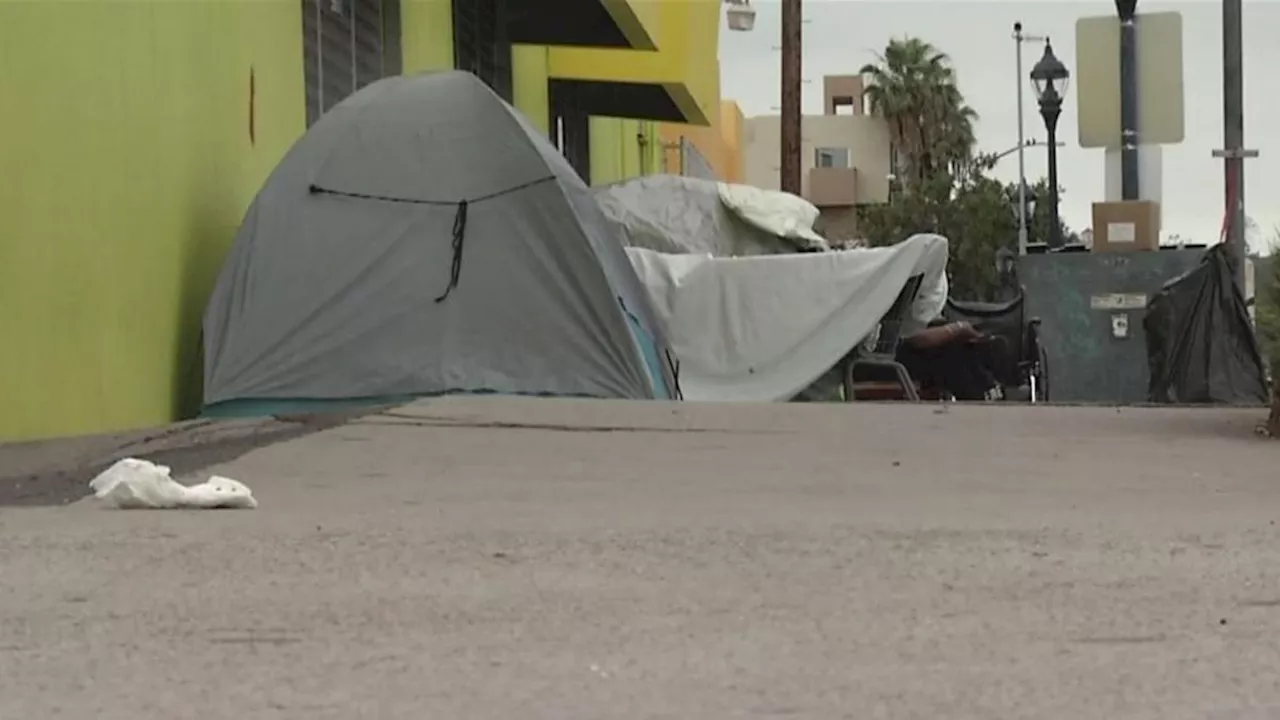 For 1st time in years, more homeless San Diegans find housing than became newly homelessFor the first time in nearly three years, more San Diegans found housing than became homeless in November, officials announced.
For 1st time in years, more homeless San Diegans find housing than became newly homelessFor the first time in nearly three years, more San Diegans found housing than became homeless in November, officials announced.
Read more »
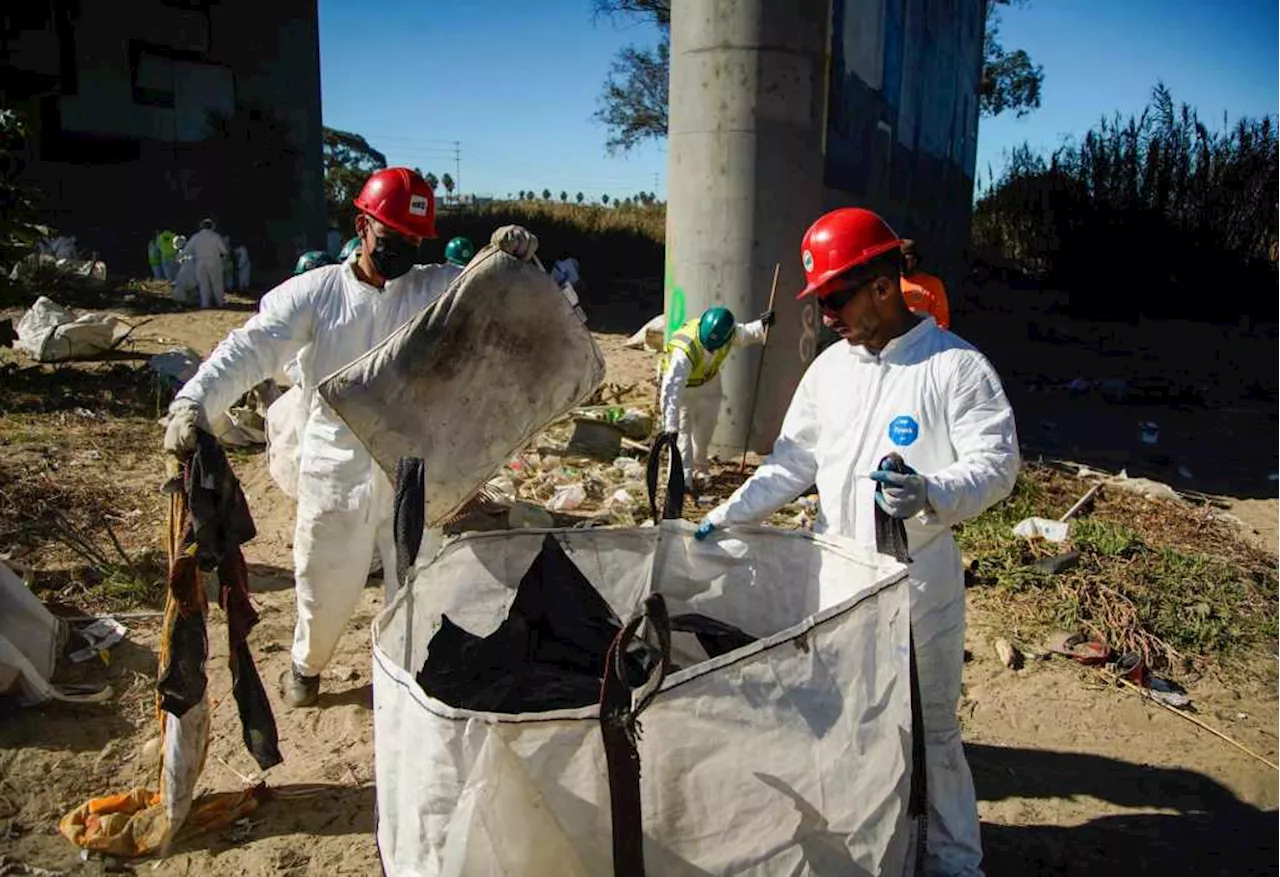 San Diego City Workers Clear Homeless Encampment, Raising Concerns About Treatment of Homeless IndividualsCity workers cleared a large homeless encampment, but the action sparked criticism over the treatment of individuals experiencing homelessness. Concerns were raised about the destruction of personal belongings and the lack of support services provided by the city.
San Diego City Workers Clear Homeless Encampment, Raising Concerns About Treatment of Homeless IndividualsCity workers cleared a large homeless encampment, but the action sparked criticism over the treatment of individuals experiencing homelessness. Concerns were raised about the destruction of personal belongings and the lack of support services provided by the city.
Read more »
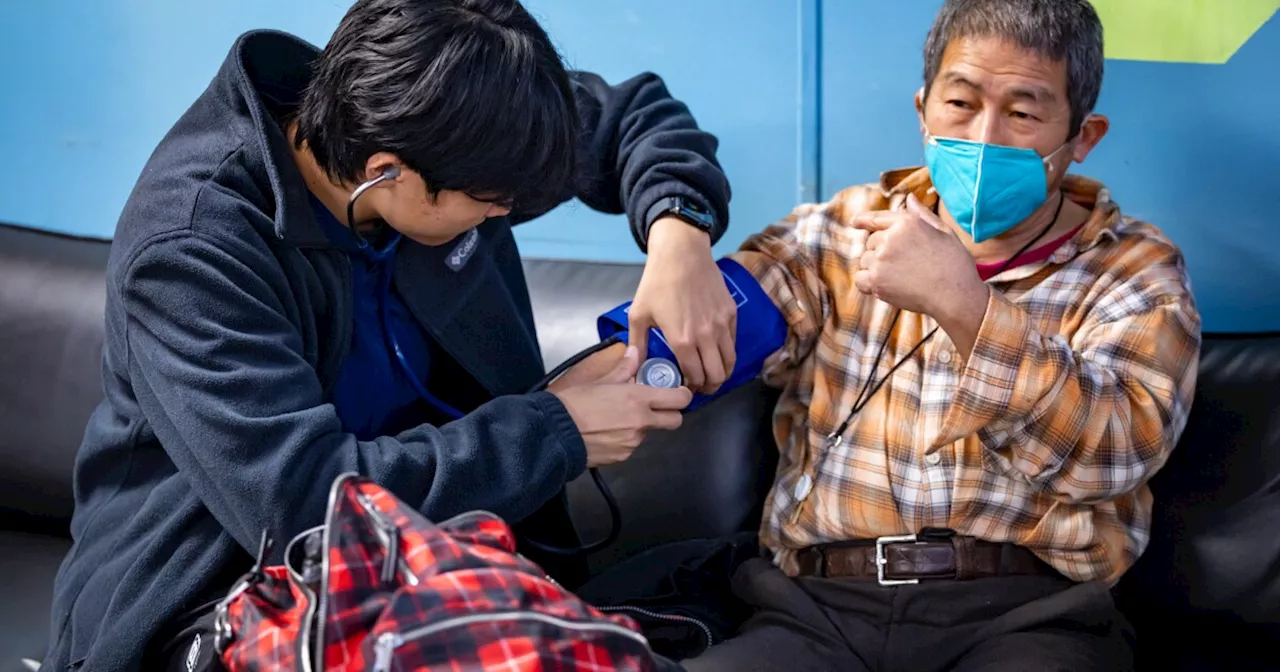 Medical Students Provide Free Healthcare to Austin's Homeless CommunityA group of medical students at the University of Texas at Austin run a free clinic called C.D. Doyle, serving patients without housing or insurance once a week at the Esperanza Community Center. The clinic provides vital services like checking vital signs and treating skin conditions, making healthcare accessible to a vulnerable population.
Medical Students Provide Free Healthcare to Austin's Homeless CommunityA group of medical students at the University of Texas at Austin run a free clinic called C.D. Doyle, serving patients without housing or insurance once a week at the Esperanza Community Center. The clinic provides vital services like checking vital signs and treating skin conditions, making healthcare accessible to a vulnerable population.
Read more »
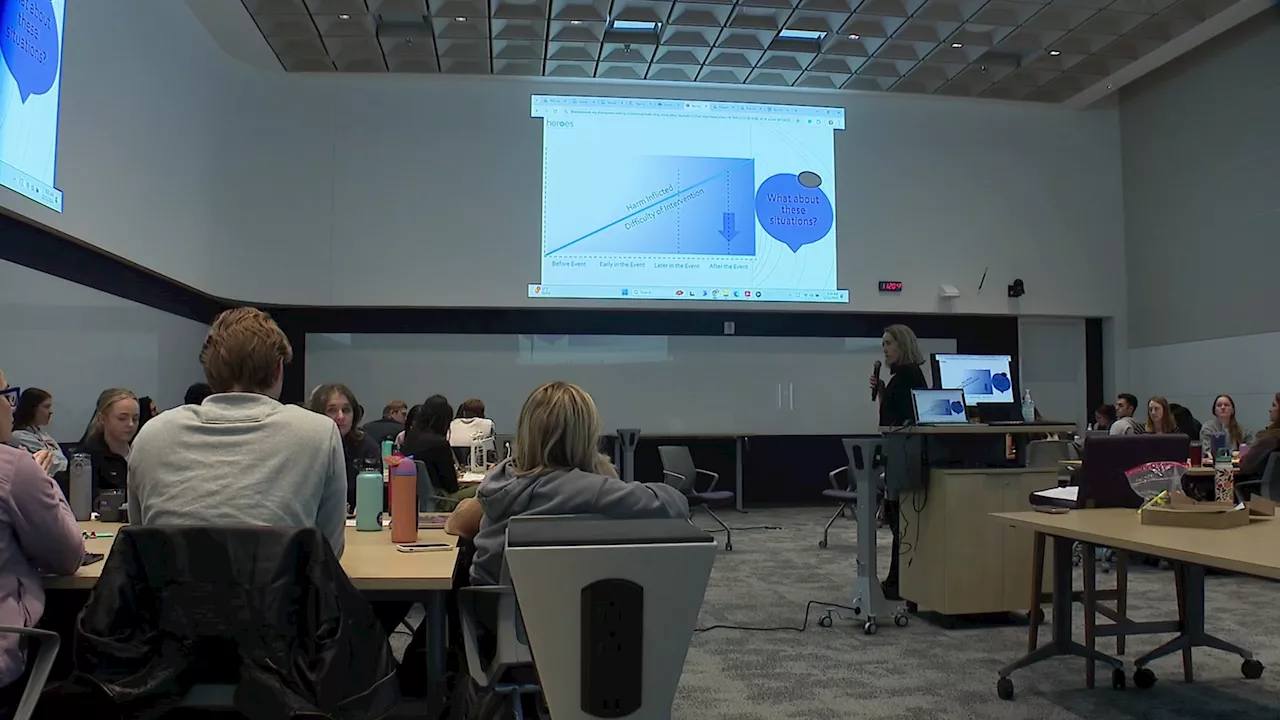 TCU Medical School Launches Program to Combat Medical MisconductA new program at TCU's Burnett School of Medicine aims to empower healthcare professionals and medical students to identify and address medical misconduct, promoting patient safety and a healthier work environment.
TCU Medical School Launches Program to Combat Medical MisconductA new program at TCU's Burnett School of Medicine aims to empower healthcare professionals and medical students to identify and address medical misconduct, promoting patient safety and a healthier work environment.
Read more »
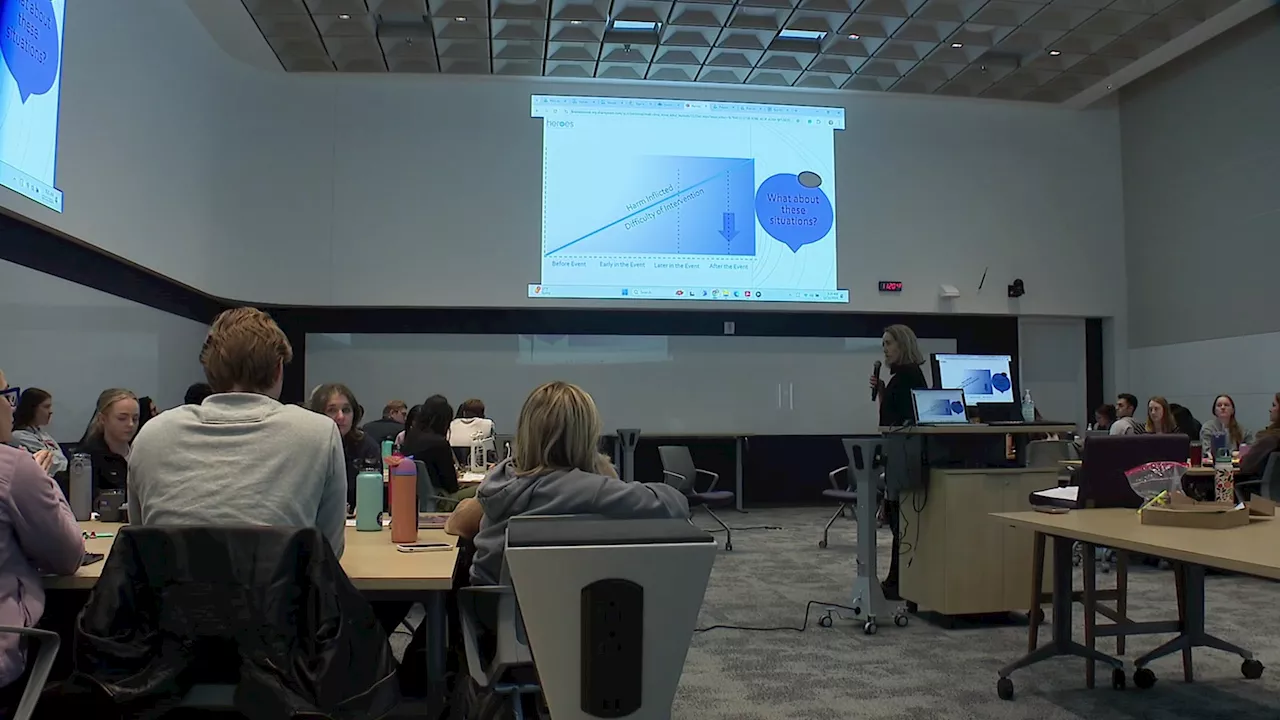 TCU Medical Students Trained to Intervene in Medical MisconductA new program at TCU's Burnett School of Medicine is training medical students and healthcare professionals to identify and address misconduct in hospital settings. The program, called Heroes for Healthcare, is based on peer intervention training successfully used to reduce police misconduct.
TCU Medical Students Trained to Intervene in Medical MisconductA new program at TCU's Burnett School of Medicine is training medical students and healthcare professionals to identify and address misconduct in hospital settings. The program, called Heroes for Healthcare, is based on peer intervention training successfully used to reduce police misconduct.
Read more »
